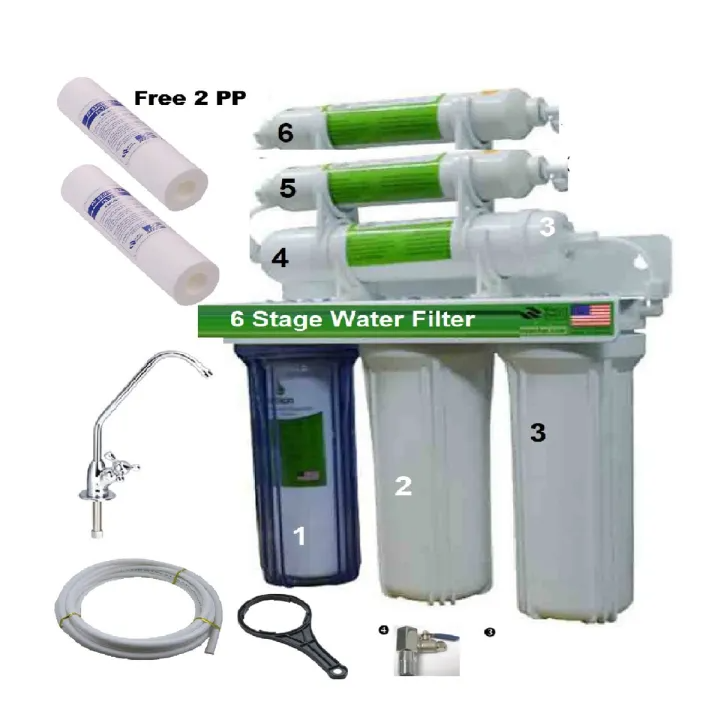How to Choose the Right Water Filter for Your Home
Explore the factors to consider!

Access to clean and safe drinking water is a fundamental aspect of a healthy lifestyle. With concerns about water quality on the rise, choosing the right water filter for your home has become more critical than ever. This comprehensive guide will walk you through the factors to consider, types of water filters available, and key features that ensure the optimal filtration system for your specific needs.
Understanding Your Water Source
Before delving into water filters, it’s essential to understand your water source. Is it tap water, well water, or spring water? Knowing the impurities and contaminants present in your water will help you choose a filter that effectively addresses those specific concerns.
Identifying Contaminants
Different water sources contain varying contaminants such as sediment, chlorine, bacteria, lead, and more. Conduct a water test or check local water quality reports to identify the specific contaminants in your water. This information is crucial for selecting a filter that targets and removes the contaminants present in your water supply.
Types of Water Filters
You should also take into account the type of filters you require considering the different options available. Choose from here:
a. Activated Carbon Filters
Ideal for removing chlorine, sediment, and volatile organic compounds (VOCs). These filters enhance the taste and odor of water but may not effectively remove minerals or salts.
b. Reverse Osmosis Systems
Effective in removing a wide range of contaminants, including heavy metals, bacteria, and viruses. However, they may also remove essential minerals, requiring additional remineralization.
c. UV Water Purifiers
Utilize ultraviolet light to disinfect water by inactivating bacteria and viruses. These are often used in conjunction with other filtration methods for comprehensive purification.
d. Gravity-Based Filters
Suitable for camping or emergency situations, these filters use gravity to pull water through a filtration system, removing debris and bacteria.
Flow Rate & Capacity
You must also consider the overall capacity and flow rate of a water filter before making your final decision. The flow rate determines how much water the system can filter per minute, while capacity indicates the total amount of water the filter can process before requiring replacement. Choose a filter that meets your household’s daily water consumption needs.
Filter Maintenance & Replacement
Regular maintenance is crucial for the effective performance of water filters. Some filters require more frequent replacements than others. Consider the ease of maintenance and the cost and availability of replacement filters when making your selection.
Budget Considerations
Water filters come in a range of prices, from budget-friendly options to high-end systems. Establish a budget based on your needs and priorities. While cost is a factor, prioritize the long-term benefits of a reliable and efficient water filtration system.
Final Words
Choosing the right water filter for your home involves a thoughtful consideration of your water source, identification of contaminants, and an understanding of various filtration methods. By assessing your specific needs, flow rate, maintenance requirements, and budget constraints, you can make an informed decision that ensures access to clean and safe drinking water for you and your family. Remember, investing in the right water filter is an investment in your health and well-being.





